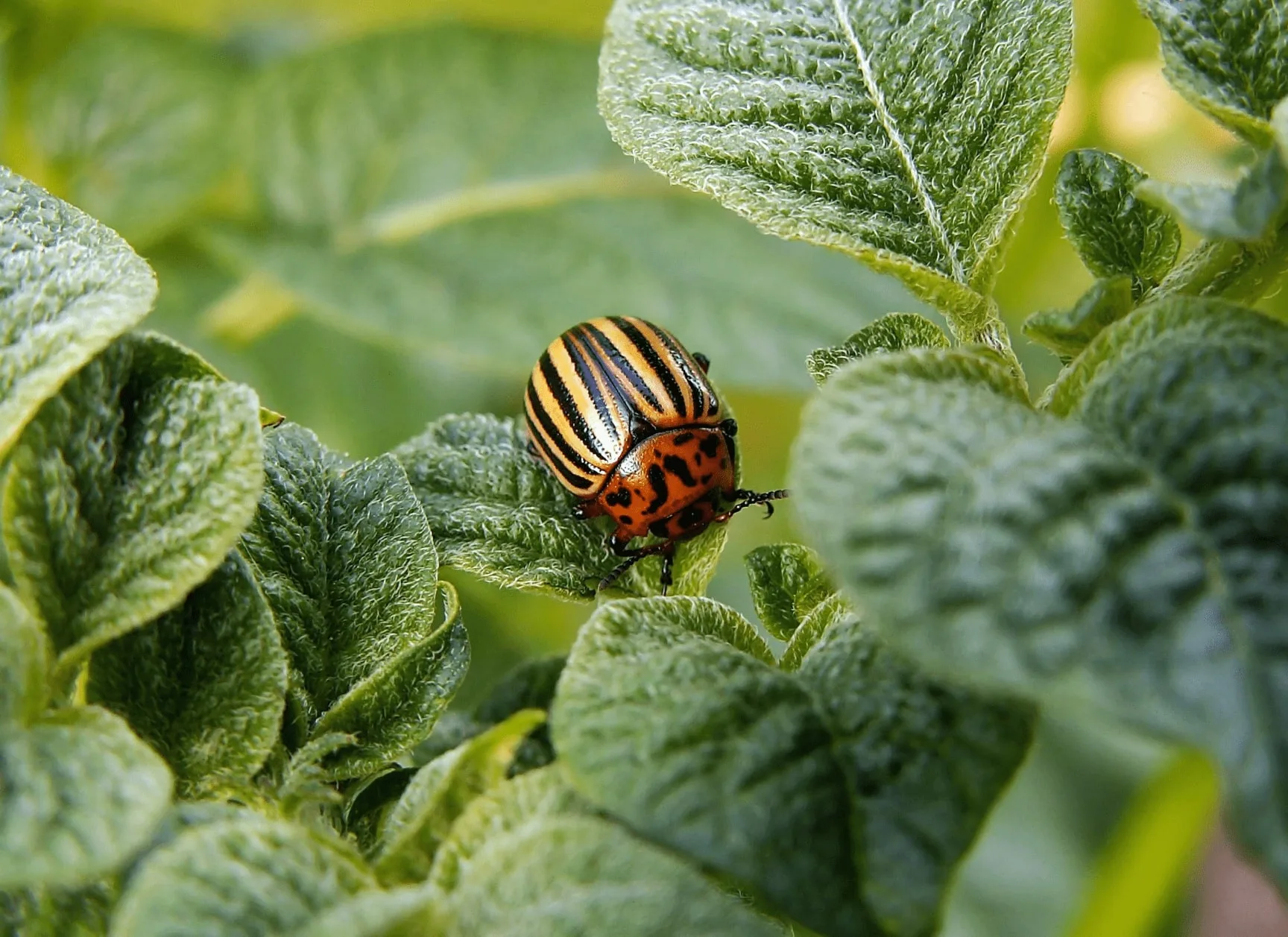
Insect resistance management
in 3 minutes
About IRAC
IRAC aims to prolong the effectiveness of insecticides, acaricides and traits by implementing insecticide resistance management strategies, countering the development of resistance in the three core sectors of traditional Crop Protection, Plant Biotechnology and Public Health.

Crop Protection

Biotechnology
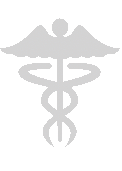
Public Health
Recommended resources
IRAC develops communication and education material as a key mechanism for promoting awareness of insecticide resistance and effective resistance management strategies worldwide.
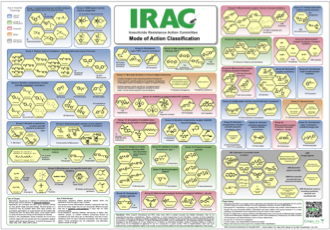
The IRAC Mode of Action Structures Poster
The IRAC Mode of Action Structures Poster is published worldwide and shows the chemical structures for the key actives documented in the IRAC Mode of Action Classification.
Select a language:
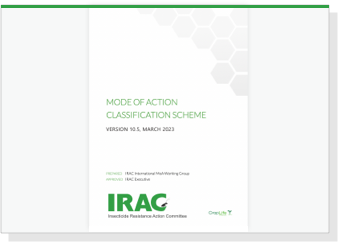
The IRAC Mode of Action Classification
The IRAC Mode of Action Classification is a globally recognised as the definitive classification scheme of the target sites of acaricides and insecticides.
Did you know you can search the classification online and using our mobile app?
The IRAC Mode of Action Classification for Nematodes, listing group numbers, mode of action type and chemical groups
A training module introducing the basic concepts behind the development and management of insecticide resistance.
IRAC International statement on the resistance management considerations of utilizing soil & seed applied insecticides
A set of 74 slides explaining with graphics the major mechanisms and targets of insecticide resistance.

Search all our material:
An international response…
…to a wordwide problem.
Insecticide resistance management is a global challenge, and IRAC is delivering strategic responses worldwide with localised as well as international initiatives.
Latest news
Subscribe to the IRAC eConnection to receive our latest news in your inbox
Next crop protection event

Our mode of action classification…
…in your pocket.
Growers and other crop protection professionals are using our app to help define effective and sustainable insecticide resistance management (IRM) strategies.
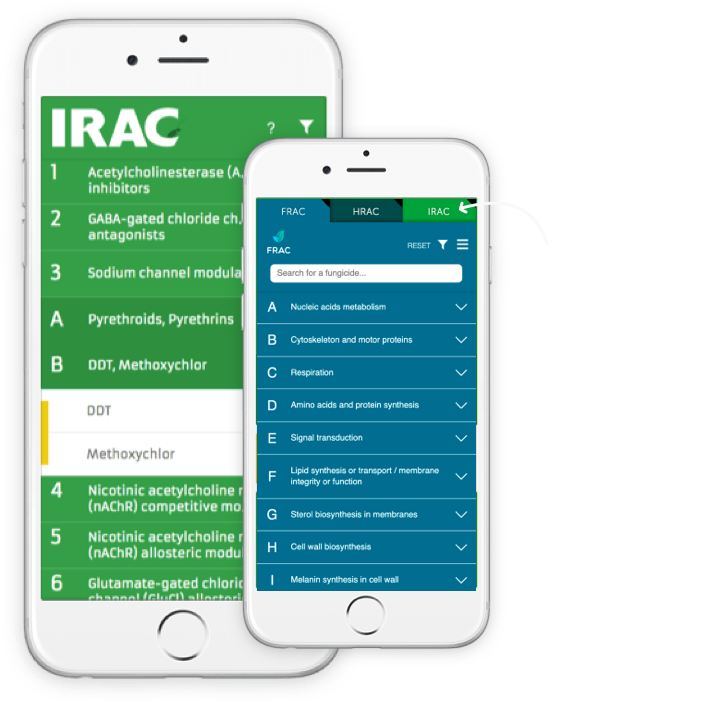
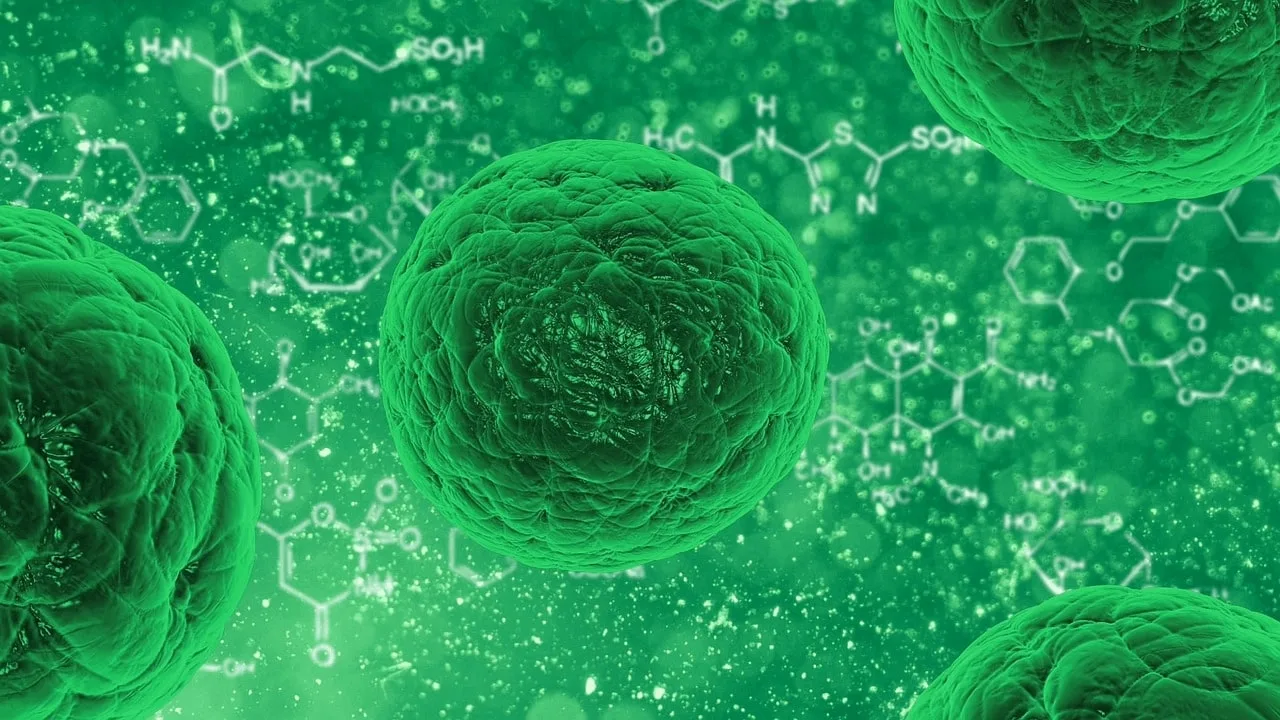
The importance of MoA
in 3 minutes



